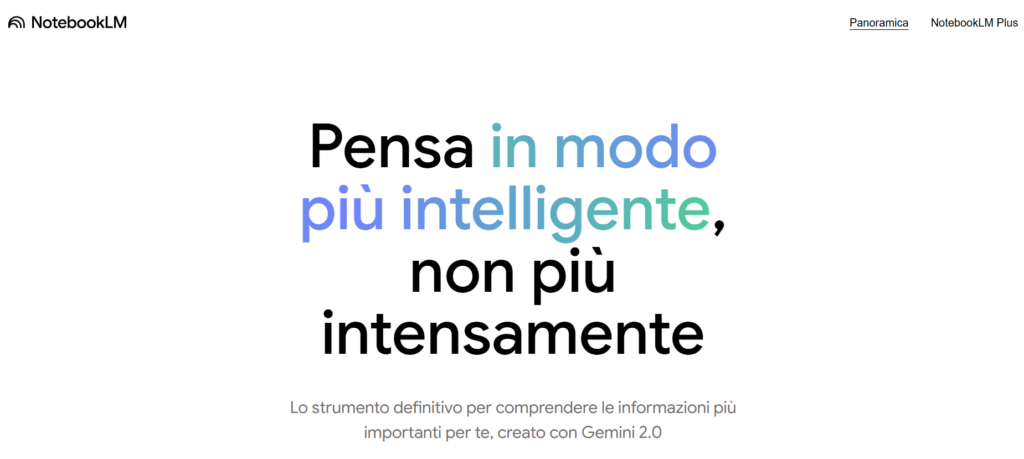Managing a Catholic parish can be complex: liturgical events, pastoral activities, catechesis, communication with parishioners, space maintenance, and more require precise and collaborative organization. Thanks to modern technologies like Tasks and ChatGPT APIs, many of these operations can be streamlined, freeing up resources to focus on the parish’s spiritual mission.
1. Planning and Managing Activities with Tasks
Tasks are ideal tools for organizing daily activities and projects in a parish. They can be used for:
- Managing Liturgies and Events: Create a shared calendar to schedule Masses, confessions, weddings, baptisms, and patronal feasts. Each activity can include details such as times, locations, and responsible individuals.
- Organizing Catechesis: Divide tasks for catechism groups based on age and level. Tasks can include objectives, necessary materials, and deadlines for meetings.
- Maintaining Spaces: Plan routine and extraordinary maintenance tasks with reminders for staff or volunteers.
Tools like Google Tasks or Microsoft To Do can synchronize with shared calendars to ensure everyone stays updated.
2. Automating Communications with ChatGPT APIs
ChatGPT APIs offer a range of possibilities to enhance internal and external communication within the parish. Examples include:
- Automatic Responses to Parishioners: Set up a chatbot on the parish website or social media channels to answer frequently asked questions, such as Mass schedules, sacrament registration, or event details.
- Generating Bulletins and Announcements: Automate the creation of weekly bulletins with information on liturgical readings, event announcements, and prayer requests. ChatGPT APIs can process data provided by the parish priest and pastoral council to generate a well-structured document.
- Multilingual Translations: For parishes with multicultural communities, ChatGPT can translate messages or pastoral materials into different languages, fostering inclusion.
3. Supporting Education and Catechesis
ChatGPT can be used to develop educational materials and theological insights. Here’s how:
- Creating Personalized Lessons: Catechism teachers can use ChatGPT to prepare interactive lessons on religious topics, tailored to different age groups.
- Biblical Insights: ChatGPT can be queried about specific Bible passages, offering interpretations and reflections useful for prayer meetings or homilies.
- Quizzes and Activities: Create interactive quizzes to test understanding of catechetical content or make youth group meetings more engaging.
4. Coordinating and Managing Volunteers
Parishes often rely on volunteers for many activities. Using ChatGPT APIs and task management tools can help:
- Scheduling Volunteer Shifts: Organize shifts for ushers, choirs, cleaning, or other activities, with automated notifications sent via email or messaging platforms.
- Managing Special Projects: For major events like patronal feasts, break down tasks into assignable actions and track progress.
5. Benefits of Digitalization
Implementing these technological tools can bring various benefits to the parish:
- Increased Efficiency: Automating repetitive tasks saves time.
- Improved Communication: Immediate access to information for all community members.
- Inclusivity: Creating a more welcoming environment for people of different languages and cultures.
- Flexibility: Adapting quickly to changes or emergencies.
6. Practical Implementation
To get started:
- Identify areas where the parish can benefit from better organization.
- Form a small team of volunteers or technical collaborators to set up tools like Google Tasks and integrate ChatGPT via APIs.
- Monitor the system’s effectiveness and make improvements based on community feedback.
Conclusion
Using Tasks and ChatGPT APIs is not just an opportunity to improve the organization of a Catholic parish but also a way to demonstrate how technology can serve the Gospel. With more efficient management and enhanced communication, the parish can devote more time to its primary mission: welcoming, inspiring, and spiritually accompanying the faithful.



